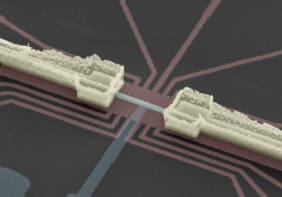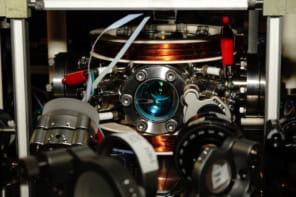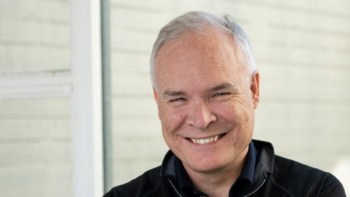
Quantum supremacy, whereby a quantum computer solves a problem in a significantly shorter time than a conventional (classical) computer, may have been achieved for the first time.
Reaching this longstanding goal in physics and computer science is described in a draft paper that appears to be written by scientists at Google and the Quantum Artificial Intelligence Lab collaboration, which includes NASA researchers. The document appeared briefly on a NASA website before it was taken down. It is believed to be an early version of a paper that has been submitted to a leading scientific journal.
The paper describes how a quantum computer comprising 53 programmable superconducting quantum bits was used to determine the output of a randomly-chosen quantum circuit made from a sequence of quantum gates. The output is a string of binary numbers and if the process is repeated many times, the results can be described as a probability distribution that resembles an interference pattern. This arises from the quantum interference that underlies the operation of quantum circuit.
Google aims for quantum supremacy
The interference pattern was determined by Google’s Sycamore quantum processor by making one million measurements on a quantum circuit, which took about 200 s. The authors say that a state-of-the-art supercomputer would take about 10,000 years to calculate the same probability distribution.
While the problem solved by the quantum computer is not particularly useful for any practical applications, the team writes that their achievement “provides an experimental realization of quantum supremacy on a computational task and heralds the advent of a much-anticipated computing paradigm”. They add, “To our knowledge, this experiment marks the first computation that can only be performed on a quantum processor”.
If this is indeed the first demonstration of quantum supremacy, it does not mean that practical quantum computers will soon be available. Ashley Montanaro of the University of Bristol explains: “There’s still a long way to go between a demonstration of quantum supremacy and genuinely practical applications of quantum computing, but in my view reaching this milestone is a genuinely exciting moment”.
A PDF of the paper is available on the DocDroid document sharing platform.




